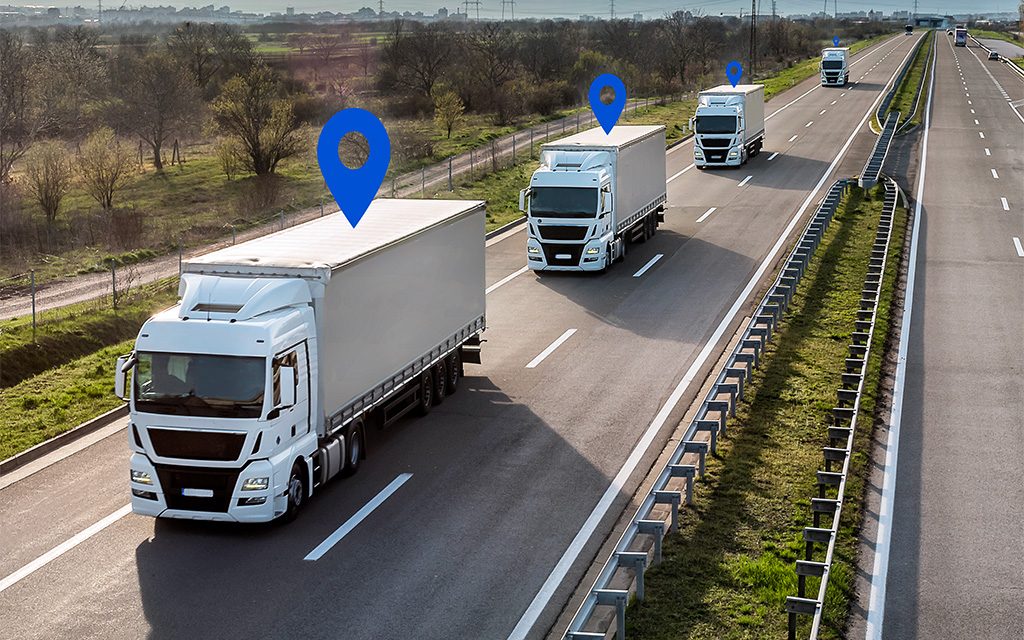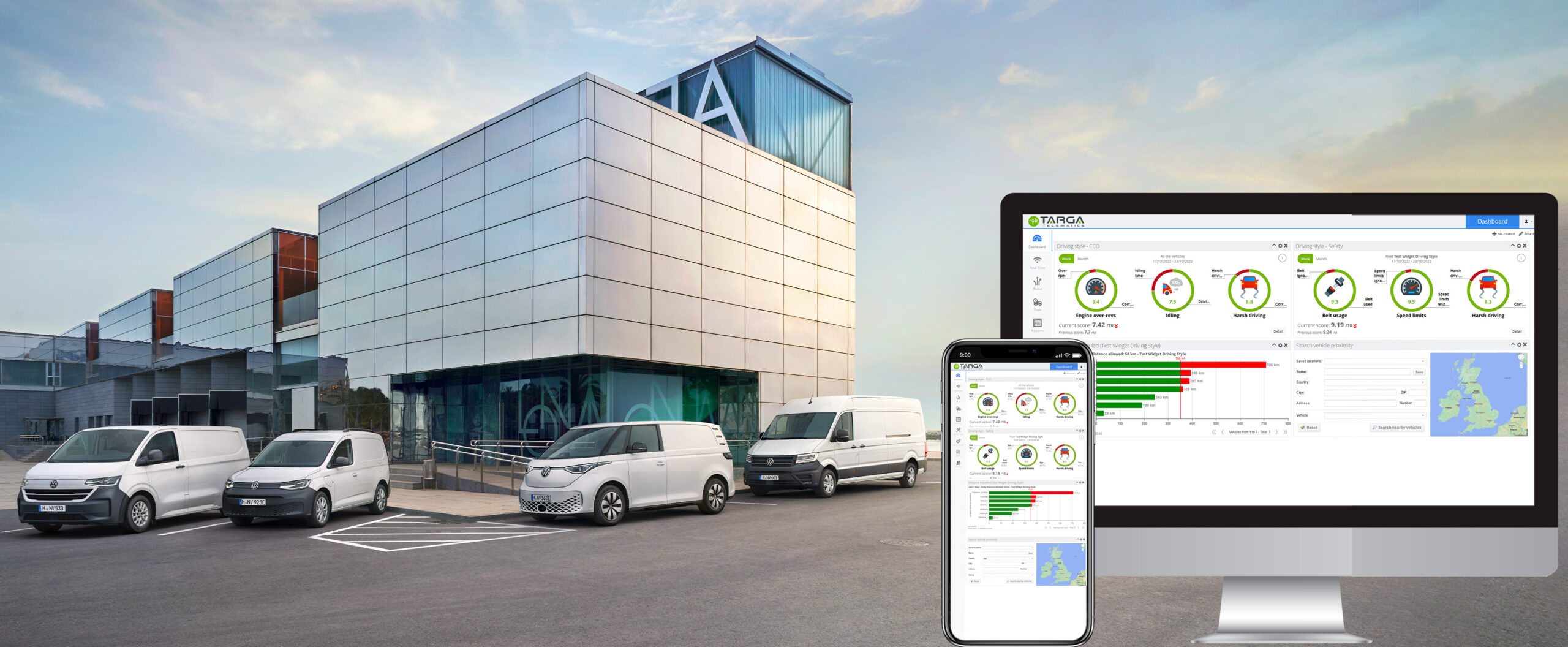The law authorizes you to geolocate the vehicles of your fleet, provided that certain conditions are met. We take stock of your rights and duties as a company owner or a manager.
The General Data Protection Regulation (GDPR) came into force on May 25, 2018 in Europe. Its objective: to ensure that people do give their consent for the use of their personal data. This does not mean, however, that you can’t geotag your vehicles. And fortunately, because the practice has many benefits for your business: protecting loads, organizing routes, tracking fuel consumption…
Cases justifying a geolocation
Whatever the field of activity, there is no question of using this technology to “track” your employees. The GDPR specifies that the collection of data must be proportionate and justified. In other words, it must have a specific purpose, essential to the proper functioning of your business.
Geolocation must therefore allow you either to invoice a service when it directly concerns the use of the vehicle (ambulance…), to ensure the safety of the driver or the load, to better organize the trips or to calculate the working time if you have no other efficient way to do it.
Your obligations as an employer
The GDPR aims, above all, to prevent you from collecting data without the knowledge of the main stakeholders. You are therefore obliged to personally inform any geolocated employee about the usage of the device. They have the right to know who set it up and why, who processes the information collected and, above all, what their rights are. You must also allow your drivers to deactivate geolocation during personal usage, if their vehicle is authorized to be used for private purposes.
Please note: if they request it, you have one month maximum to give access to their information. And of course, if this information is nominative, you are obliged to delete it after a certain period of time, usually 2 months. Except in some cases:
- The delay is extended to 1 year if you use this data to optimize your rounds or to prove the tasks performed
- It is even 5 years if they are used to calculate the working time of the drivers.
Sanctions in case of non-compliance with the rules
No one is allowed to ignore the law. This maxim also applies to the GDPR of course. If one of your employees believes that you have not complied with the GDPR , he or she can file a complaint with the CNIL (Commission Nationale de l’Informatique et des Libertés) or with the labor inspectorate, or even take legal action.
This regulation is not to be taken lightly. Failure to comply with the rules can result in sanctions ranging from a simple warning to a large administrative fine in the event of ineffective injunctions or a repeat offence.




